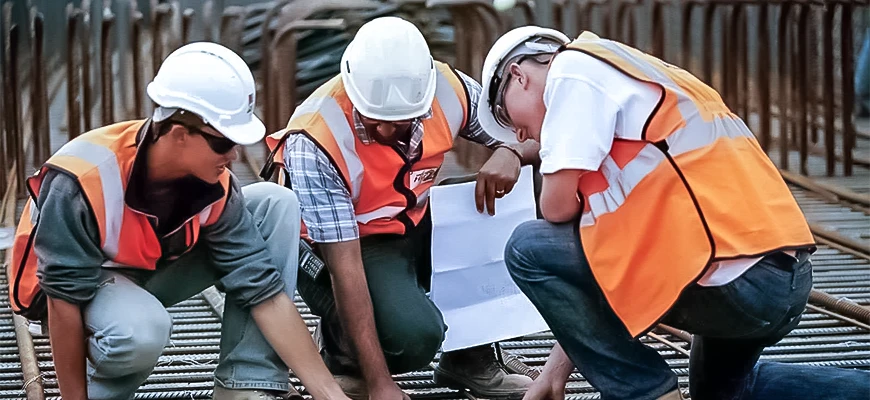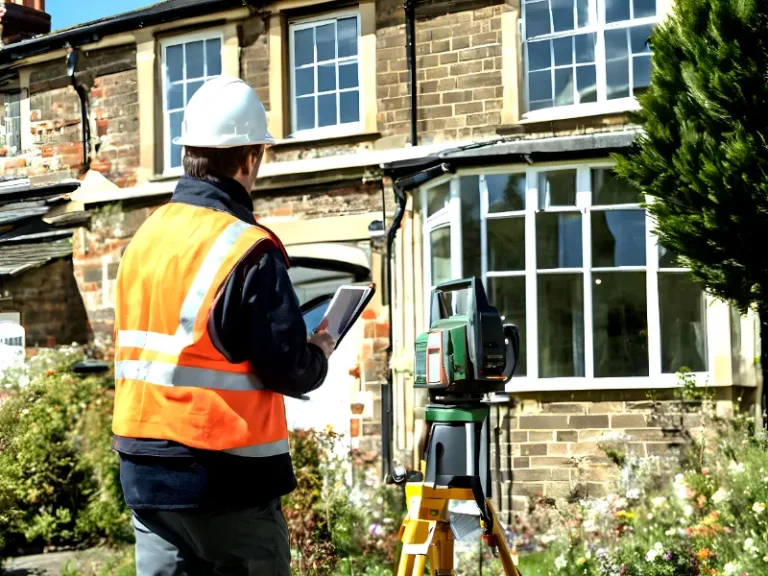
📍 Need the Right Surveyor for Your Project?
From land and building surveys to heritage and utility mapping, Survey2Plan connects you with expert surveyors for precise results. Let’s discuss your needs!
📞 0161 531 6641 📩 info@survey2plan.com 💬 Get a Quotation
Fast & Accurate Surveys | Trusted by Architects, Developers & Contractors
What is a Surveyor?
11 Different Types of Surveyors
- Land surveyor
- Environmental surveyor
- Rural Practice surveyor
- Quantity surveyor
- Party Wall surveyor
- Planning and Development Surveyor
- Valuation surveyor
- Commercial surveyor
- Residential surveyor
- Building surveyor
- Chartered Surveyor
1. Land Surveyor (Geomatics Surveyor)
2. Environmental Survey
3. Rural Practice Surveyor
Farmers and landowners, among other stakeholders with an interest in rural land, can receive professional and technical advice from rural practice surveyors. They offer advice on how to maximise the value of their possessions, sell cattle, alter the usage of their property, and manage rural areas.
Surveyors specialised in rural practice areas are knowledgeable in environmental management, real estate, auctions, appraisals, and rental and lease assessments.
4. Quantity Surveyor

5. Planning and Development Surveyor
Surveyors specializing in planning and development advise on how best to use land and other property assets. They assess the built environment’s effects on society and the environment, considering factors such as mobility, renewable energy sources, technology integration, design, and building quality.
These experts frequently work for government agencies, financial institutions, real estate investment firms, property developers, and planning consultants.
6. Valuation Surveyor
7. Commercial Surveyor
8. Residential Surveyor
9. Party Wall Surveyor

A party wall surveyor is an expert in the Party Wall Act of 1996, which outlines how to handle boundary disputes and prohibits party walls.
The act covers the following:
- excavation close to and below the foundation level of nearby structures
- new construction on or at the boundary of two properties
- work to an existing party wall or party structure
A party wall surveyor assists in settling neighbourly issues impartially, devoid of prejudice and self-interest. If two parties file a dispute, they may each designate a surveyor to resolve the disagreement and reach an Award concerning the party walls or boundary lines between adjacent properties or areas.




